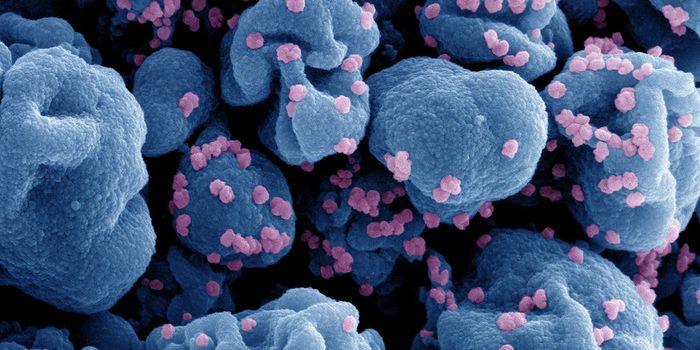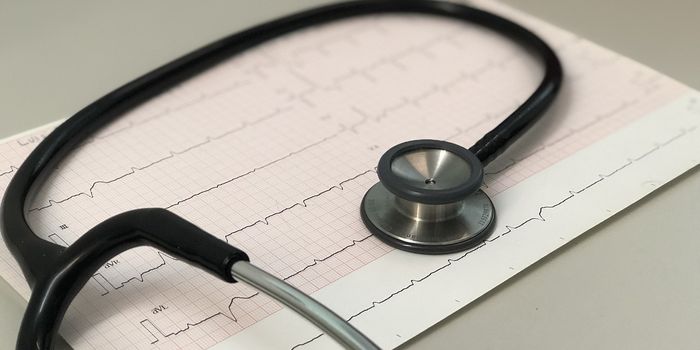Junk Food Changes Brain Functioning & May Lead to Obesity
A new study published in Cell Metabolism has shown that regular consumption of sweet and fatty foods leads to changes in the reward processing system in the brain, teaching us to prefer those foods in the future.
The randomized controlled trial included 49 participants. For eight weeks, about half the participants were given one pudding cup per day that contained high amounts of fat and sugar, while the other half of the participants was given a pudding cup with the same number of calories but less fat and sugar. Their brain activity was measured before and during the study along with health measures like body mass index (BMI), blood sugar, and cholesterol.
After the eight-week study period, the participants who had received the high-fat/high-sugar pudding cups showed a much greater brain response to high-fat/high-sugar foods than those in the control group, with particularly high activation in the part of the brain responsible for motivation and reward. However, the experimental group did not gain more weight or have higher blood sugar or cholesterol than the control group after eight weeks.
While the experimental group did not gain more weight or have worse health measures than the control group, the brain alterations in the study group are likely to increase their risk of overeating and gaining weight in the future. One of the study’s authors noted that new connections in the brain can be hard to get rid of and do not dissolve quickly. By consuming snacks with high fat and sugar content, we train our brains to prefer those foods. Regular consumption of foods containing lots of fat and sugar can lead to overconsumption of calories and weight gain, which can damage the heart and cause type 2 diabetes.
Sources: Cell Metabolism, Science Daily








